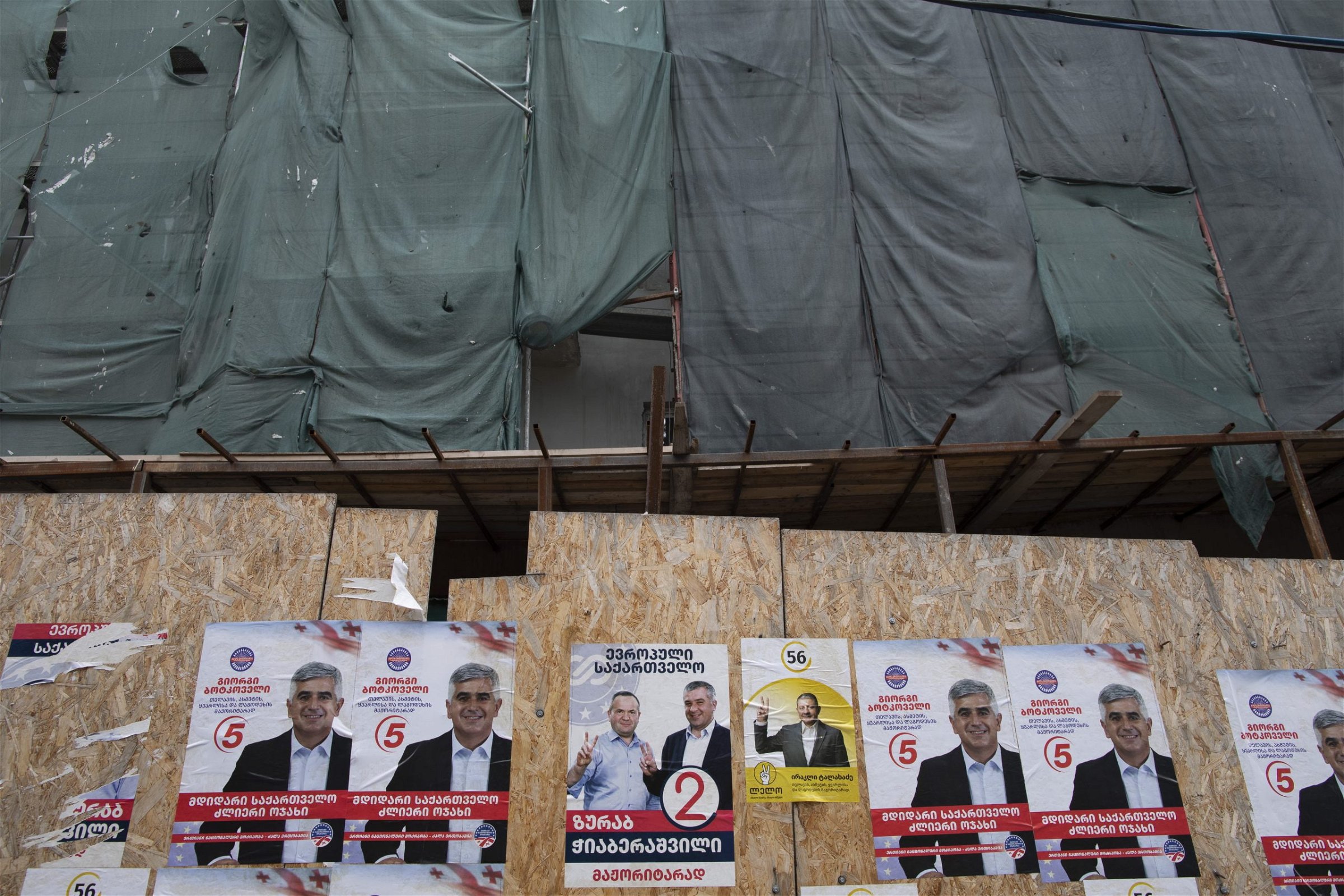Georgian Experts on October 31 Parliamentary Polls
On October 31, Georgian voters will be casting ballots to elect the tenth convocation of the Georgian Parliament. According to the recently passed changes, the next Parliament will consist of 120 proportional and 30 majoritarian seats (change from 77/73 ratio), while the election threshold will be fixed at 1% of votes. A party that receives less than 40% of votes will be barred from establishing a single-party government.
Civil.ge approached two Georgian experts to reflect on the context of the upcoming polls and to assess what to expect for the post-election political environment.
These parliamentary elections are interesting in many ways. First, it is intriguing whether Georgian voters will keep their tradition of not electing a ruling party for a third consecutive term. Although the pandemic may offer benefits to the ruling party, and this election has arrived at the last gasp for the Georgian Dream, nothing is guaranteed when it comes to the election results. Especially, considering the daily worsening of the epidemiological situation, the government that took pride in the successful management of the pandemic earlier, does not seem much confident lately. This perception is exacerbated by the existing severe socioeconomic conditions and mismanagement amid the COVID-19 related peak.
Another important factor to reckon is that the latest public opinion polls show a significant part of the voters demanding a multiparty parliament, a scenario that would be the right step for consolidating democratic values in Georgia.
Regarding the post-election environment, much depends on the composition of the Parliament. Should the ruling party fail to secure the majority, it will have to cooperate with other (including minor) parties. This process will encourage consensus-based policymaking if managed correctly. However, bearing in mind the scale of political polarization, it is hard to presuppose that the Georgian Dream and, say, the United National Movement, as well as many other parties, will be able to cooperate. Thus, it cannot be ruled out that decision-making may be complicated in the next Parliament, which may affect various reform processes that are essential for the country.
These elections stand out from past elections due to a new center of gravity that has emerged – in other words, these elections are not marked by bipolarity of the Georgian Dream, on one side, and the United National Movement, on the other.
Numerous attempts, both by the government and the UNM, to move these elections too into the mode of bipolar confrontational, have failed.
We see today various political parties at the political front arena with real chances of entering the Parliament and influencing parliamentary and, in general, political processes in Georgia. This is most importantly why these elections stand out.
As a result, this Parliament will be far more diverse, far more voices will be heard, compared to the last Parliament. Respectively, there are, in fact, no prospects of securing one-party government through the upcoming election. In a positive development, the new Parliament will be designed to involve a coalition government.
But, even in the absence of a coalition –should the Georgian Dream be able to independently form a government, its majority will be so fragile that it will have to reckon the views, positions, and choices of other political parties in the Parliament.
We have to expect a possibility of deepened and solidified democratic processes through these elections, but, of course, such diversity also has its, dark side, if we could call it that way. Decision-making may be protracted in time and, in this respect, the next Parliament may prove to be less efficient. However, if we are to choose between the making quick decisions and a democratic environment, of course, we have to opt for democracy, if we want to be a modern society and our political life to resemble a civilized democratic life.
Summing up, the next Parliament definitely will be diverse, and under a diverse Parliament, composed of various political subjects, democracy wins more, and authoritarianism loses more.
This post is also available in: ქართული Русский
